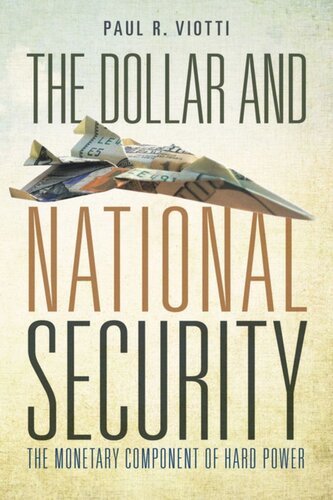

Most ebook files are in PDF format, so you can easily read them using various software such as Foxit Reader or directly on the Google Chrome browser.
Some ebook files are released by publishers in other formats such as .awz, .mobi, .epub, .fb2, etc. You may need to install specific software to read these formats on mobile/PC, such as Calibre.
Please read the tutorial at this link: https://ebookbell.com/faq
We offer FREE conversion to the popular formats you request; however, this may take some time. Therefore, right after payment, please email us, and we will try to provide the service as quickly as possible.
For some exceptional file formats or broken links (if any), please refrain from opening any disputes. Instead, email us first, and we will try to assist within a maximum of 6 hours.
EbookBell Team

0.0
0 reviewsDefense establishments and the armed forces they organize, train, equip, and deploy depend upon the security of capital and capital flows, mechanisms that have become increasingly globalized. Military capabilities are thus closely tied not only to the size of the economic base from which they are drawn, but also to the viability of global convertibility and exchange arrangements. Although the general public has a stake in these economic matters, the interests and interpretive understandings held by policy elites matter most—in particular those among the owners or managers of capital who focus on international finance and the international monetary regimes that sustain global commerce and their capital positions.
In The Dollar and National Security, Paul Viotti explores the links between global capital flows, these policy elites, and national security. After establishing the historical link between currency, gold, and security, he continues the monetary-security story by examining the instrumental role the dollar has played in American economic and national security over the past seven decades. He reveals how perceived individual and collective interests are the key drivers toward building the kind of durable consensus necessary to sustain the external financing of American foreign and national security policy, and addresses the future implications for national security as decision-makers in the BRICs and other countries position themselves to assume an even larger policy presence in global commercial, monetary, and security matters.